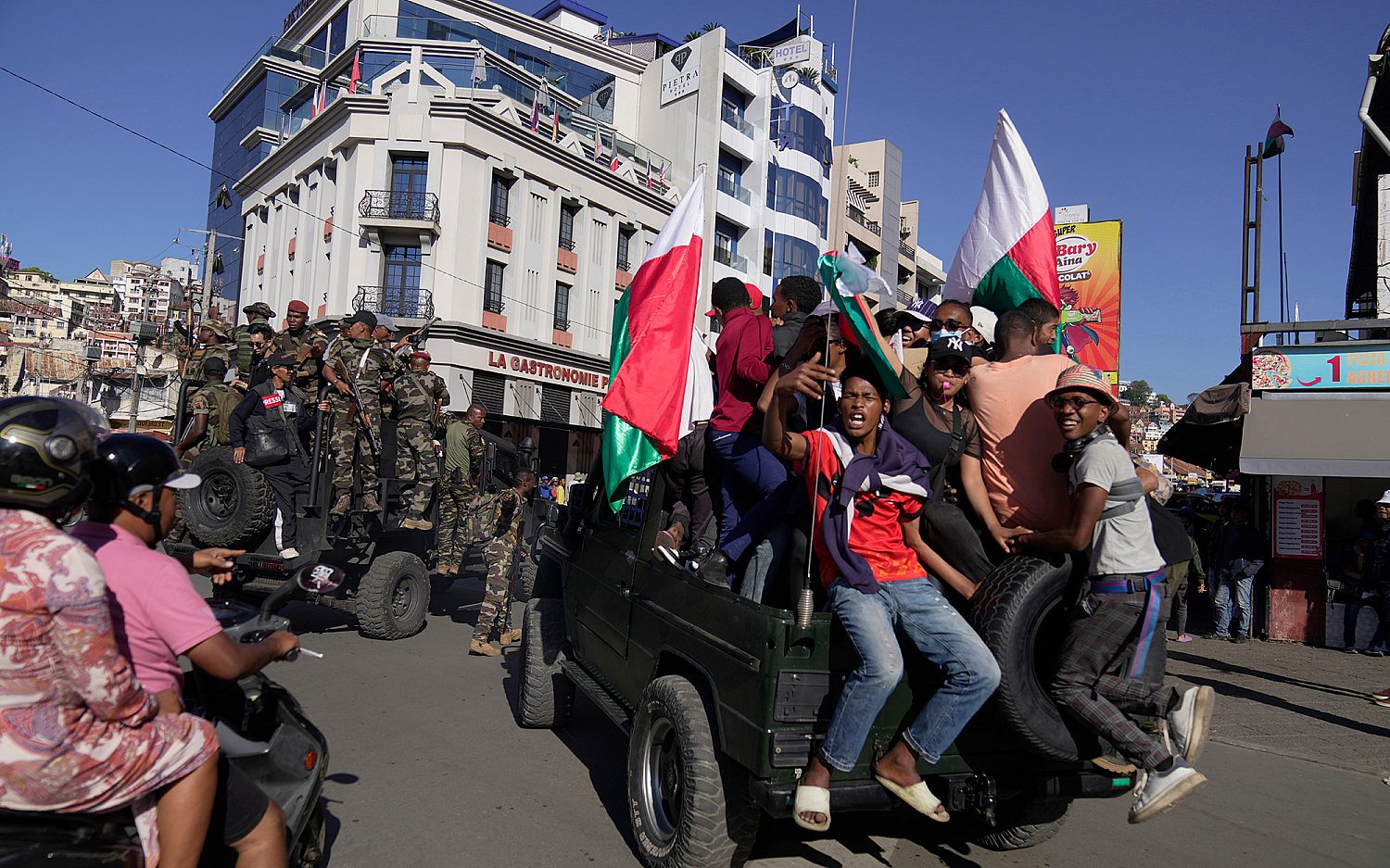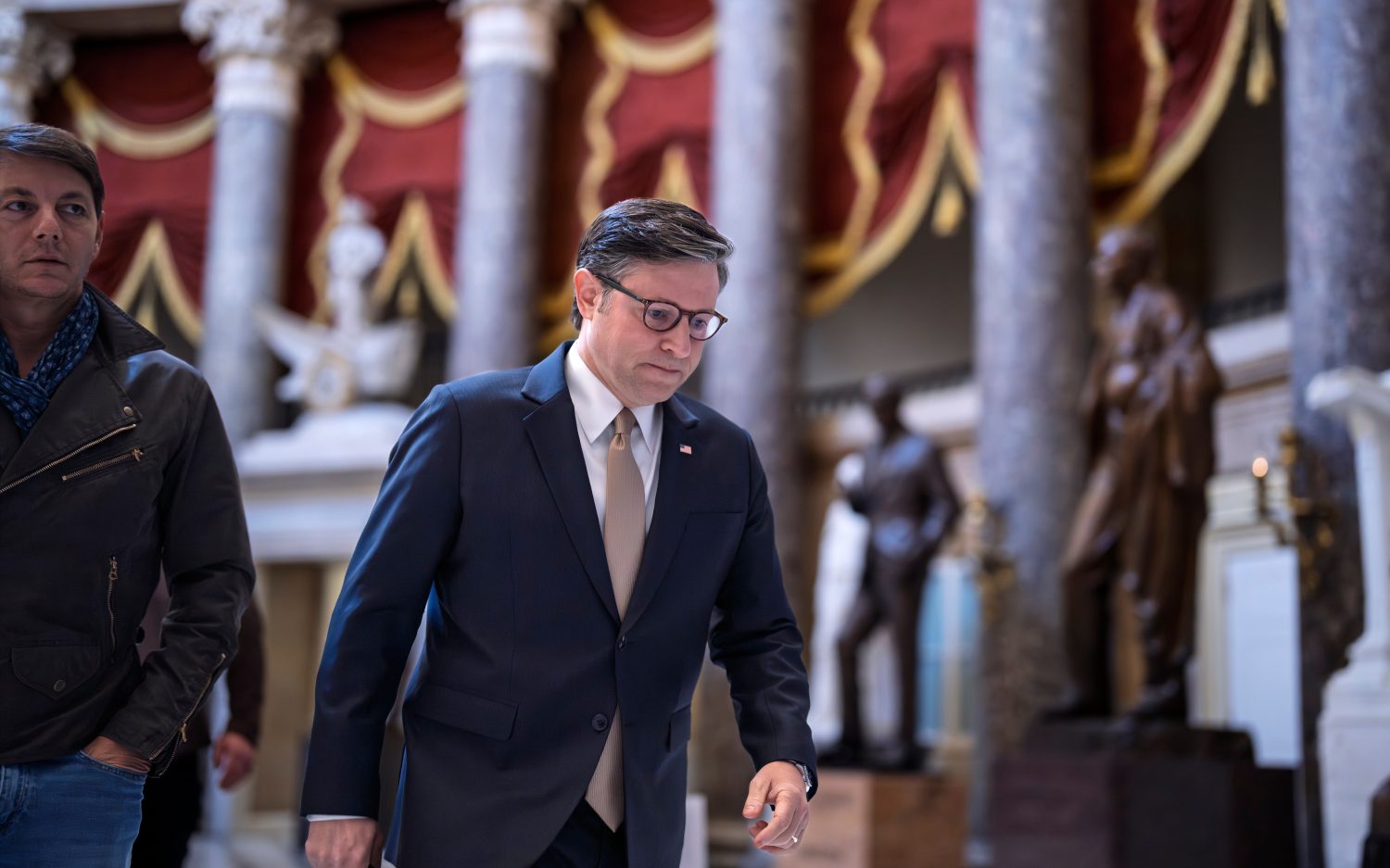'Interests and values'
The president broadens his policy for military intervention abroad in an address to the nation
WASHINGTON-President Barack Obama picked an ambiguous location to deliver a cloudy address to the nation on the Libyan intervention: the National Defense University in Washington, D.C., not the Oval Office, where presidents typically address the nation about its wars.
That's because the White House has described the United States' involvement in Libya as "kinetic military action," not war. Monday night Obama tried to clarify the mission in Libya and his policy for when the United States should intervene militarily-a broader standard than his former self as an anti-war senator might have embraced.
"When our interests and values are at stake, we have a responsibility to act," the president said. "We were faced with the prospect of violence on a horrific scale. . . . Some nations may be able to turn a blind eye to atrocities in other countries. The United States of America is different. And as president, I refused to wait for the images of slaughter and mass graves before taking action."
Obama said several times that the United States must defend its "interests and values," a broader standard for intervention than the country's national security alone.
But the president tried to place himself between hawk and dove. "We know that the United States, as the world's most powerful nation, will often be called upon to help," he said. "In such cases, we should not be afraid to act-but the burden of action should not be America's alone. As we have in Libya, our task is instead to mobilize the international community for collective action. Because contrary to the claims of some, American leadership is not simply a matter of going it alone and bearing all of the burden ourselves. Real leadership creates the conditions and coalitions for others to step up as well."
Obama said the United States military had "stopped [Libyan dictator Muammar] Qaddafi's deadly advance" and that the United States would now assume a smaller military role as NATO takes control of the operation Wednesday. The president said Qaddafi must leave power, but said the United States would not pursue that policy through military action. "To be blunt, we went down that road in Iraq," he said. "That is not something we can afford to repeat in Libya."
Sen. John McCain, R-Ariz., who supported the intervention in Libya, said in a statement after the speech that removing Qaddafi has become imperative: "We have chosen a side against Qaddafi, and now we must help the opposition succeed."
Some questions were left unanswered: Whether the United States would support the Libyan rebels militarily (do they count as civilians?), how the United States will pay for the cost of the ongoing military action, and what would bring the end of the United States' military role. The president's doctrine remained mixed, which some commentators called "pragmatic."
An actual newsletter worth subscribing to instead of just a collection of links. —Adam
Sign up to receive The Sift email newsletter each weekday morning for the latest headlines from WORLD’s breaking news team.





Please wait while we load the latest comments...
Comments
Please register, subscribe, or log in to comment on this article.